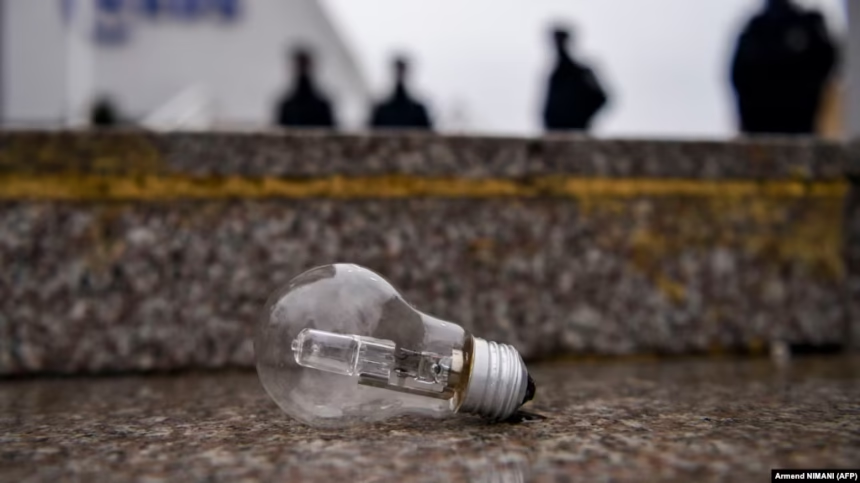Starting April 1, citizens in Kosovo are expected to see higher electricity bills due to increased import costs.
Sources from the Energy Regulatory Office (ZRRE) told KOHË that the higher-than-expected electricity imports at the end of last year will influence tariff increases. However, the exact percentage of the increase is yet to be determined.
Energy operators have requested higher revenue limits from ZRRE. If approved, this would result in increased electricity prices for consumers. The Kosovo Electricity Supply Company (KESCO) has applied for €448 million in revenue for 2025—€50 million more than in 2024—while the Kosovo Electricity Distribution Company (KEDS) is seeking an increase to €217 million, nearly €90 million higher than the previous year. Additionally, the System and Market Operator (KOSTT) has requested an extra €24 million in allowed revenues.
ZRRE is currently reviewing these applications and is expected to propose new tariffs by March 15.
Energy expert Adhurim Haxhimusa identified two key factors driving the price increase:
- Higher electricity imports due to rising consumption and a lack of additional domestic production.
- Increased import costs, which make the energy system more expensive to sustain.
The proposed tariff hikes have drawn criticism from opposition parties. LDK’s Hykmete Bajrami accused the government of failing to expand production capacities, arguing that another price hike would be unbearable for most citizens.
PDK’s Ferat Shala blamed the government for poor planning, stating that last year’s underestimated costs were now being shifted to consumers. He criticized the decision-making process, claiming it was politically motivated rather than focused on consumer interests.
Last year, ZRRE reduced electricity tariffs for commercial and industrial consumers by 3%, but in 2023, tariffs had increased by 15% across all consumer categories—an increase that remains in effect.







